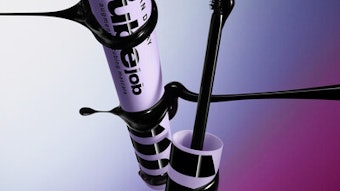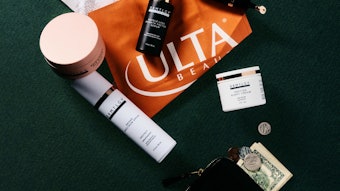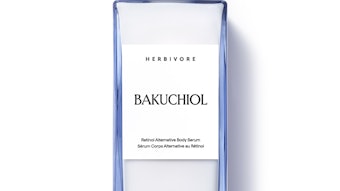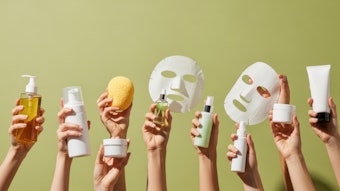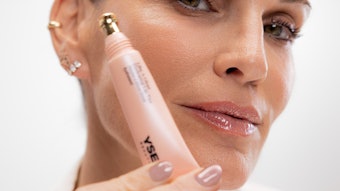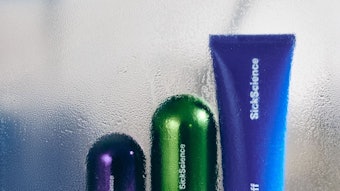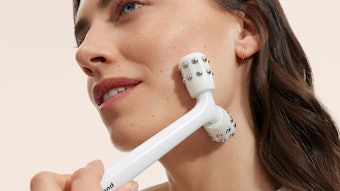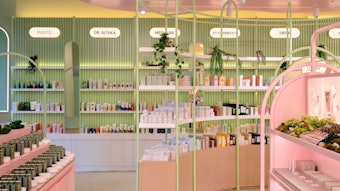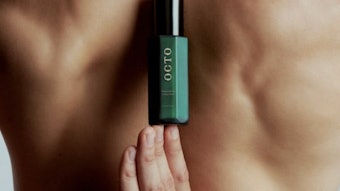“The Scientific Skincare Consumer and Market 2014-2020,” a new report from Diagonal Reports, finds the emergence of scientific skin care as a new category illustrates a fundamental change in consumer beauty behavior. According to the market researcher, scientific skin care products will transform the entire market for the simple reason that skin care category dominates beauty sales.
Scientific skincare is highly medicalized. It uses new product formulations (such as dermal fillers) and new technologies (such as IPL) to deliver immediate and sustainable outcomes to the buyer. Back in 2006, Diagonal Reports first identified widespread demand for more effective solutions for common facial and skin care problems. Beauty marketing experts worldwide explained to the market researcher at the time that women in areas as far apart as the U.S., Europe and China had radically new—and in fact, heightened—expectations of skin care treatments and products. Consumers, dissatisfied with traditional beauty creams and their efficacy, were migrating to scientific skin care.
Many legacy cosmetic concept brands did not spot this development because it occurred under their radar. Scientific skin care originated in the world of science and medicine—far from beauty. In addition, it was pioneered by what were then innovative and niche players in the professional beauty channel, beauty spas and medical spas. Many retail and mass market brands were simply looking the other way.
However, Diagonal Reports saw a significance and the potential impact of what its described as the “Botox Effect” (its 2008 report) on long-term sales of skin care. Now, sales of scientific skin care are increasing exponentially because they unlock a large, underserved market. The numbers of women and men concerned by blemishes and signs of aging can be counted in their millions and are growing. This development is democratizing skin car, bringing treatments and products—previously the monopoly of professionals—within the reach of everyone. Affordability is boosting sales as competitively priced and simpler brands are being rolled out. And these skin care brands are marketed as science, not beauty—allowing them to benefit from the credibility of science.
Is this a sustainable beauty trend? According to Diagonal Reports, yes. Scientific skincare is scalable, the researcher reports, and this segment provides a unique opportunity for product developers to roll out brands in new geographical areas and market segments. And high growth rates in this category underscore the challenge facing traditional skin care products.
